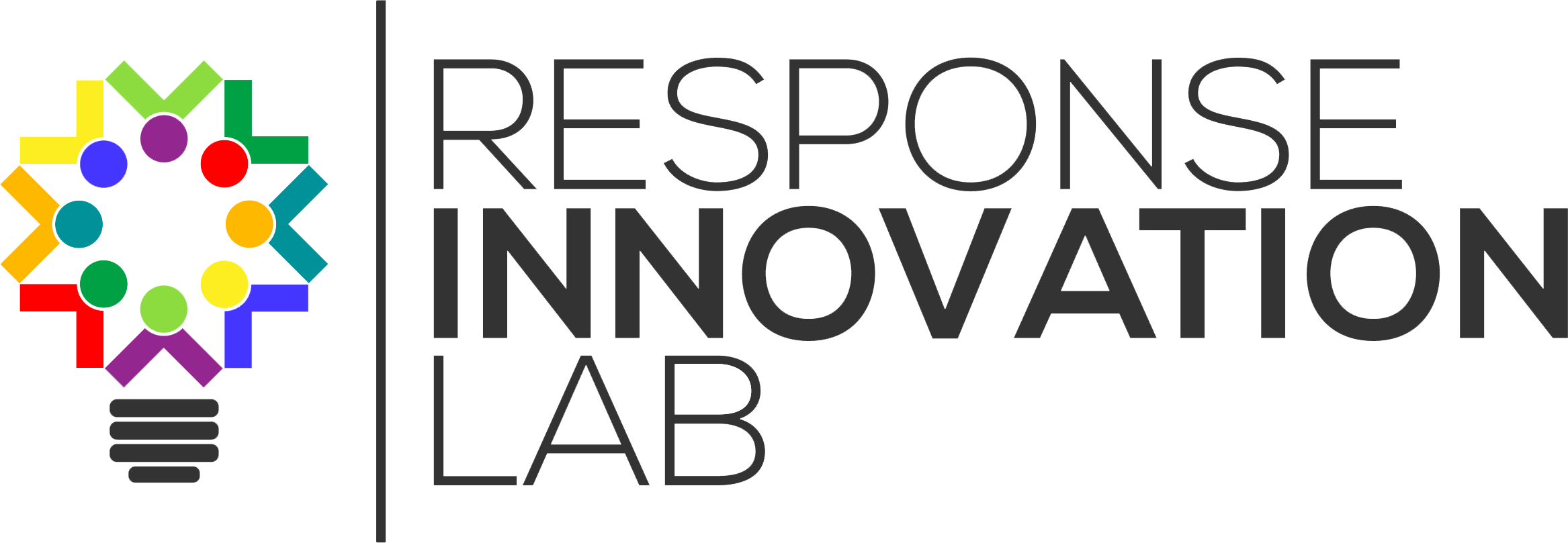Our mission
Serve vulnerable populations better.
The Problem
The humanitarian sector’s capacity to effectively respond to crises is being severely challenged by an unprecedented rise in the need for emergency relief, recovery, preparedness and resilience programming. In 2019, over 134 million people in 42 countries were estimated to need humanitarian aid, and this number increases each day. Not only are crises occurring more frequently, but this is also typically paired with a constrained budget and dwindling resources.
The problems arising are complex and more frequent, and as the world’s problems evolve and change, our solutions to counteract them should as well.
Simply put, the humanitarian sector is being asked to do a lot more with less, and it’s time to seek different approaches and practices. We need innovation.
At the same time, innovators of all stripes, including many from the private sector and other non-traditional humanitarian actors, are creating new solutions for challenges faced by communities affected by disaster and by the organisations, be they local or global, that respond to these crises. The democratisation of knowledge sharing, technology development and design thinking facilitated by the digital revolution has created a surge in tech start-ups, social entrepreneurship and innovative non-profit programming all around the world, including in some of the most vulnerable and fragile communities.
Our Mission
Response Innovation Lab (RIL) aims to complement the traditional humanitarian system by strengthening connections between response implementers and the holders of innovative solutions to their challenges . RIL Country Labs foster partnerships that develop, pilot and scale innovations that overcome context-specific problems or barriers to the delivery of aid and community recovery or resilience.
On the ground among humanitarian agencies, RIL aims to strengthen response-level humanitarian innovation ecosystems to become more inclusive, collaborative and effective, with the ultimate goal of reducing the suffering of those affected by crises and helping communities to recover faster and build more sustainable infrastructure.
As a humanitarian initiative, RIL is committed to ensuring that the solutions we identify, the projects we support and the organisations we work with follow relevant ethical principles and technical standards. Country Labs work closely with non-traditional response actors to help them understand these unique humanitarian guidelines and navigate the sometimes bewildering ways of working of international NGOs, donors and multi-lateral organisations.
>> Click here to learn about our labs.
The Grand Bargain
A founding principle to RIL has always been the focus on strengthening local ecosystems to build resiliency and contextualized support for the response. The current COVID-19 pandemic has been an unfortunate crisis to showcase the need for localization. The RIL’s field-first approach to strengthening response-level humanitarian innovation ecosystems so innovations can thrive in the response.
The Sustainable Development Goals
RIL encompasses the aims of many of the SDG goals in our work based on key needs identified in the country - since each situation and context comes with different, and often unique, challenges. Innovative techniques and platforms are proving to be a key factor in humanitarian responses to ongoing regional conflicts, severe weather patterns, a changing climate, and forced migration. In a complex world, innovative action can deliver the creativity, strategy, and new models of working and co-creation to support people facing urgent humanitarian challenges.


